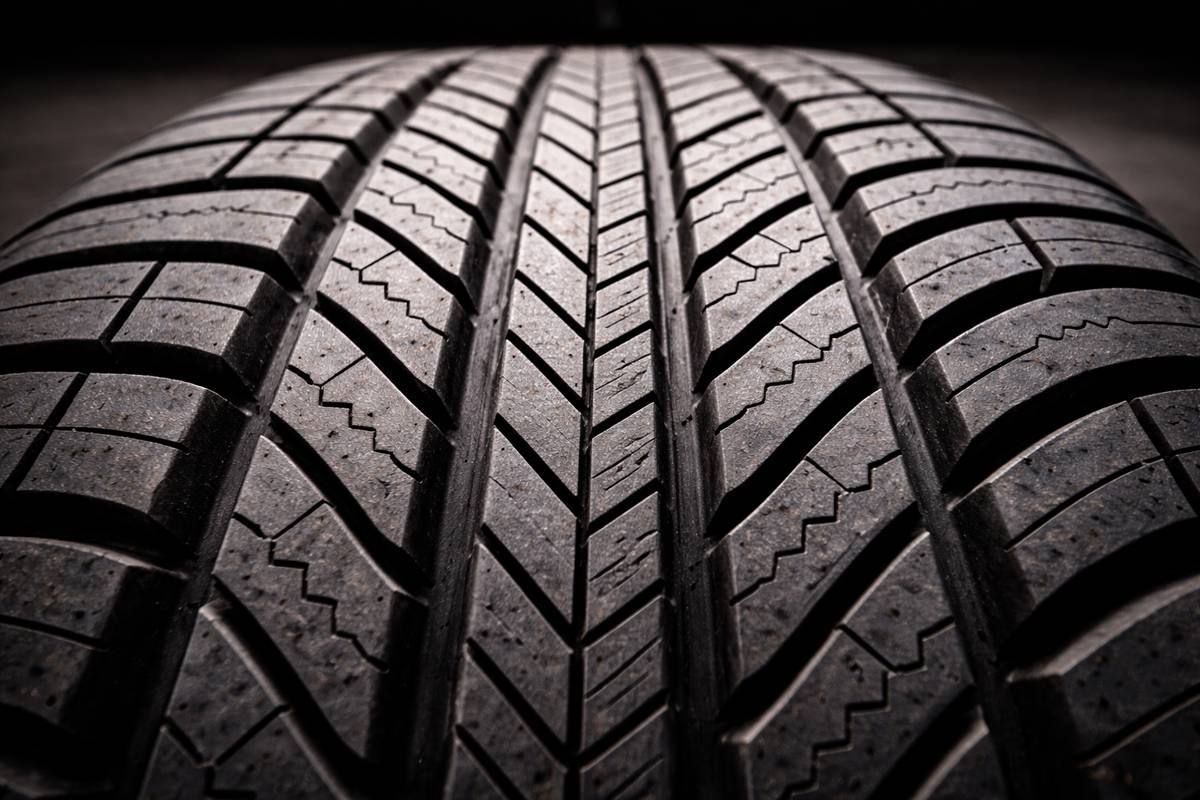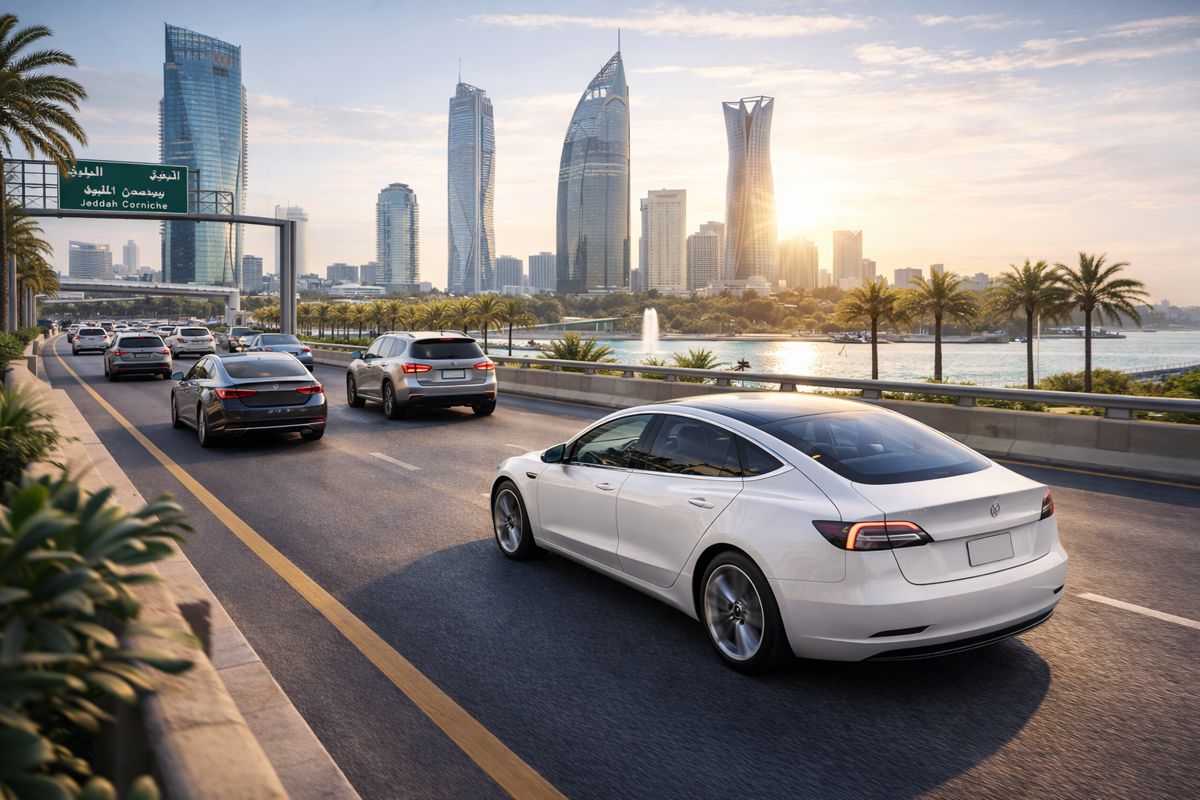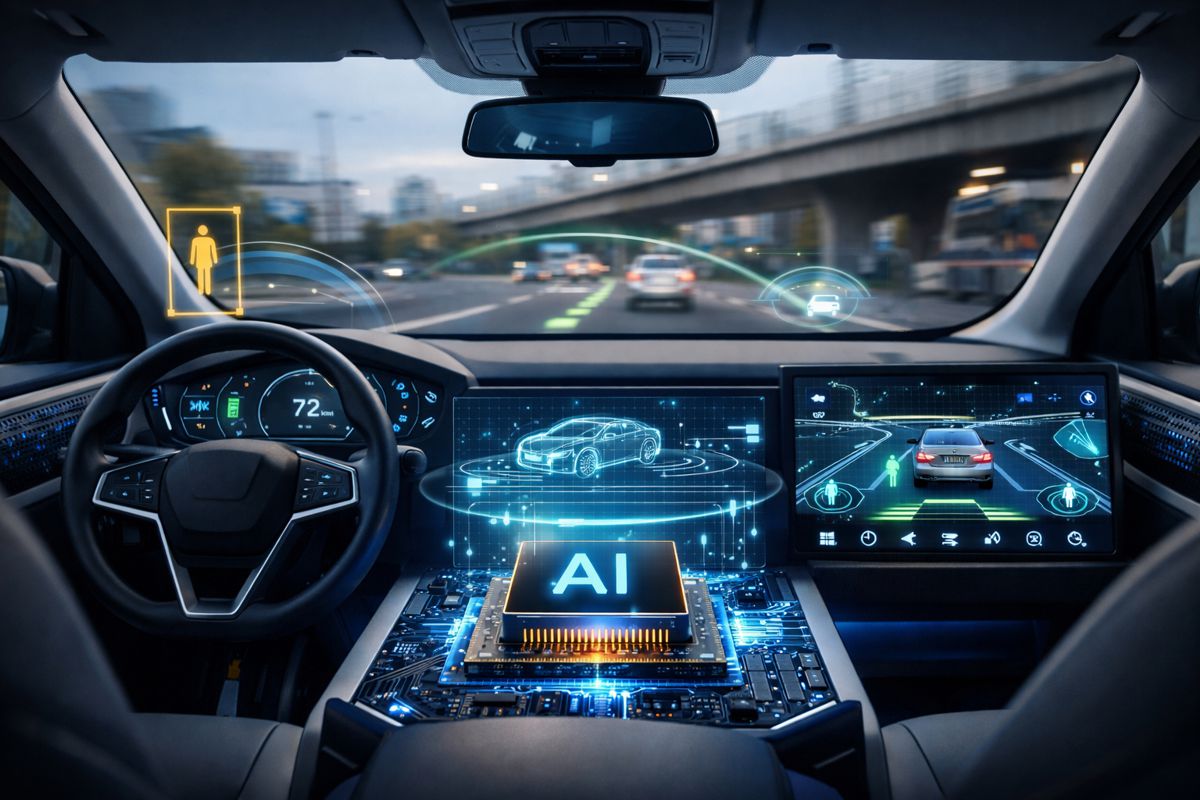Renesas leads the Automotive Market with Scalable, Power-Efficient R-Car SoCs
When it comes to driving the future of autonomous and assisted vehicle technology, Renesas Electronics Corporation isn’t just keeping pace – they’re setting the standard.
With the introduction of their cutting-edge R-Car V4M and expanded R-Car V4H system-on-chips (SoCs), Renesas is shaking up the market for Advanced Driver Assistance Systems (ADAS), particularly at the Level 2 and Level 2+ entry points. These SoCs pack a punch with their high-performance AI processing capabilities, all while remaining remarkably power-efficient – a crucial factor for manufacturers balancing cost, performance, and sustainability.
Renesas’ Leap into the Entry-Level ADAS Market
As automotive manufacturers strive to make autonomous driving more accessible, cost-effective ADAS solutions have become paramount. Renesas, a global leader in semiconductor solutions, has recognised this shift and responded by expanding its popular R-Car Family of SoCs with the R-Car V4M series and enhanced R-Car V4H offerings. These new devices are designed to meet the growing demand for ADAS technology in mass-market vehicles, helping car manufacturers bridge the gap between advanced technology and affordability.
The R-Car V4M is built using Renesas’ advanced 7-nanometre manufacturing technology, delivering an impressive 17 trillion operations per second (TOPS) deep learning performance. That kind of power makes it perfect for real-time image recognition using onboard cameras, radar, and LiDAR systems – a must for smart front cameras, surround-view systems, automatic parking, and driver monitoring systems.
As Aish Dubey, Vice President and General Manager of the High-Performance Computing SoC Business Division at Renesas, aptly put it: “We are extending our ADAS offerings to meet the increasing demand for Level 1 and Level 2 ADAS solutions for mass-market vehicles.” The goal is clear – to give automakers a scalable, cost-effective SoC that doesn’t compromise on performance or power efficiency.
High-Performance Processing with Power Efficiency
In the high-stakes world of automotive technology, raw processing power is critical – but so is energy efficiency. The R-Car V4M and V4H devices strike the perfect balance between these two factors, offering top-tier AI capabilities with a highly efficient 9 TOPS/W (trillion operations per second per watt) performance. In practice, this means that a full-featured smart camera system with an 8-megapixel sensor powered by the R-Car V4M consumes just five watts of power – an impressive 50% less than comparable SoCs on the market.
This balance between performance and efficiency isn’t just a technological feat; it’s a strategic one, particularly for manufacturers targeting entry-level ADAS applications. The reduced power consumption allows automakers to integrate these systems without compromising battery life or vehicle range, making them an ideal choice for electric and hybrid vehicles, where energy efficiency is key.
What sets these devices apart is their scalability. Both the R-Car V4M and V4H maintain pin compatibility within their respective series, meaning that manufacturers can seamlessly upgrade their systems without having to reinvent the wheel. This compatibility also extends to software, enabling OEMs and Tier-1 suppliers to reuse existing R-Car code, significantly reducing engineering costs and time-to-market.
Pushing the Boundaries with AI and Deep Learning
One of the standout features of the R-Car V4M and V4H is their advanced AI and deep learning capabilities. These SoCs are designed with a dedicated deep learning and computer vision IP, providing manufacturers with the tools needed to develop highly sophisticated ADAS features. From real-time object detection to pedestrian recognition, the R-Car V4M and V4H can process data from multiple sensors, including cameras, radar, and LiDAR, to make split-second decisions that enhance driver safety.
With four Arm® Cortex®-A76 cores and three Arm Cortex-R52 lockstep cores, these SoCs deliver up to 81K DMIPS (Dhrystone Million Instructions Per Second) for application processing and up to 25K DMIPS for real-time operations. This level of performance allows the SoCs to handle multiple tasks simultaneously, ensuring that the ADAS systems can operate smoothly even in complex environments.
For developers working on next-gen automotive systems, Renesas has gone the extra mile with their R-Car Open Access (RoX) platform. This cloud-based software development vehicle (SDV) platform provides a full development environment, including hardware, operating systems, and software tools, allowing engineers to design and validate their applications virtually. It’s a game-changer for OEMs and Tier-1 suppliers looking to accelerate the development of scalable ADAS, IVI (in-vehicle infotainment), and cross-domain fusion systems.
Expanding the R-Car Ecosystem for Future-Proof Development
Renesas has shipped over 450 million automotive-grade R-Car devices to date, demonstrating their strong foothold in the automotive industry. The R-Car series’ scalability means that manufacturers can develop systems for entry-level vehicles using the same development platform as they would for luxury-class models. This flexibility is a huge selling point for OEMs looking to develop a full range of vehicles without starting from scratch for each new model.
Additionally, the R-Car SoCs are optimised for stringent automotive standards. They come equipped with dedicated power management integrated circuits (PMICs) and support essential automotive interfaces such as CAN, Ethernet AVB, TSN, and FlexRay, ensuring compatibility with a broad range of automotive applications. Moreover, the inclusion of an image renderer (IMR) for fisheye distortion correction and image signal processor (ISP) for both machine and human vision makes them an excellent fit for sophisticated camera systems.
The Road Ahead for Renesas
Looking to the future, Renesas isn’t slowing down. As Dubey highlighted: “We are developing our new 5th Generation R-Car SoCs, which will further bolster our offerings in ADAS, cockpit, gateway, and infotainment segments.” This next generation promises even more robust solutions for an increasingly connected and autonomous automotive landscape.
With mass production of the R-Car V4M and V4H series set to begin in Q1 2026, the automotive world can expect these SoCs to play a key role in shaping the future of ADAS. Renesas is not only empowering manufacturers with the tools they need today but also laying the groundwork for tomorrow’s smart, sustainable vehicles.
Powering a Safer, Smarter, and More Connected Future
Renesas Electronics Corporation continues to lead the charge in automotive innovation, offering a diverse portfolio of embedded processor solutions designed to make vehicles safer, smarter, and more connected. Their commitment to scalability, power efficiency, and advanced AI capabilities ensures that manufacturers can meet the growing demand for autonomous driving technology at all levels of the market – from entry-level cars to high-end luxury models.
With the introduction of the R-Car V4M and V4H series, Renesas has once again demonstrated its ability to stay ahead of the curve, providing innovative solutions that are both powerful and practical.





























